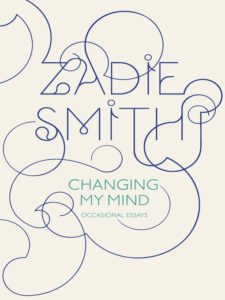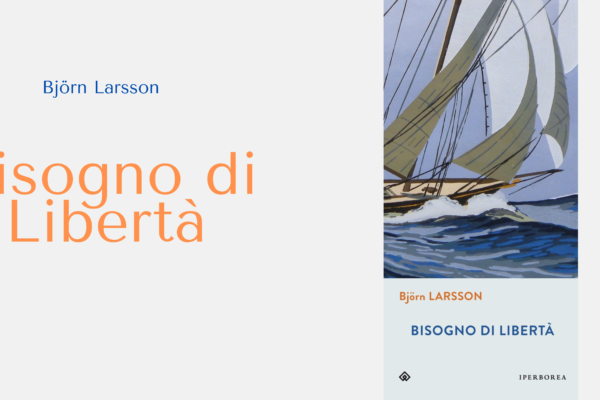Zadie Smith is Always Zadie Smith. Changing my mind is not a finished work, it was born from a collection of previous articles and essays, hence it is not expected to be coherent as much a collection of short stories is not expected to have coherence as a quality.
However you can see coherence in it. The author’s point of view crosses the book as a trajectory and the reader can recognize the same obsessions, leitmotivs that populate her fictional world: identity, her personal voice, icons and their value. Smith owns a peculiar way of looking at things that endorses people’s perspective, a purely physical dimension of concepts that in the western world are considered abstract and undefined.
 But thoughts – as Zadie Smith shows – are never totally abstract nor unconditioned
But thoughts – as Zadie Smith shows – are never totally abstract nor unconditioned
Her way of thinking always focuses on people in flesh and blood and on their stories. Obama, for example, is also and above all his voice, the way he speaks and the way he decides to talk, the accent he uses in some circumstance: it represent non only who we are but also the way we decide to be in different contexts.
Thoughts, people, stories: everything in the end is, for Zadie Smith, storytelling. Whether she is writing a review or family memories: only the strength of storytelling can seize the complexity of reality without reducing it to frameworks or fixed rules. Reality is built bottom-up, from who and where we are, from why we are.
Speaking of who, where and why her reflection about Visconti and Italy (where she lived for a while) are particularly sharp.
The same ability to see things for real allows her to show us realities that we overlooked with her peculiar prose, delicate as only breath can be. In an everyday reality, people tend to look at things throughout frameworks forgetting the “water” they are swimming in, to say it with Wallace.
In the book there are also some essays about literature, the most interesting part for who belongs to this field, and we could say that Smith really raises the bar
The matter around the authorial voice is tied to the problem of identity: Zadie Smith can’t refuse the idea of the author, as Barthes did, and she can’t treat it in an analytical way. She can only develop the complexity of the concept of author: she doesn’t explain this feature of the novel but decide to step back and avoid any kind of explanation, because in storytelling, the only thing we can do is telling a story.
Written by
Michelangelo Franchini
Translated by
Simona Ciavolella









